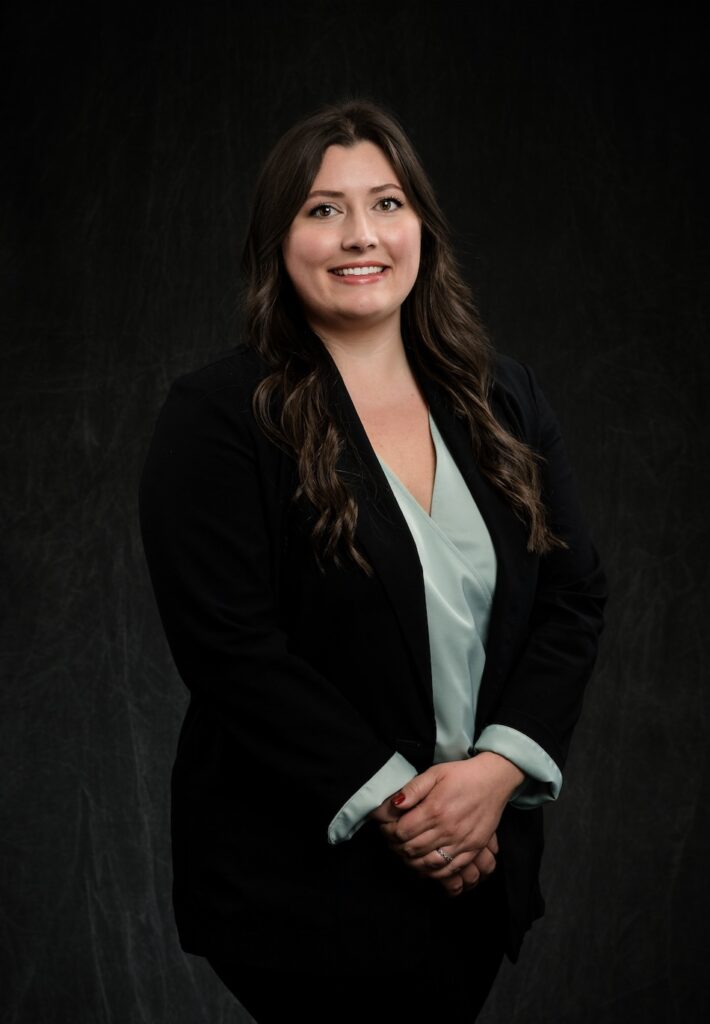Crafting the proper retirement and investment strategy is one of the most important financial decisions you will ever make and is the key to securing the future you have worked so hard for.
However, simply the right savings vehicle is not sufficient — you need to make sure your money is safe.
Life is unpredictable. Anyone with considerable assets to their name needs to protect themselves in cases of frivolous lawsuits, accidents, business liability claims, bankruptcy, divorce, and more.
Here are a number of different dangers your financial accounts face and the best ways to protect them.
Protection from Creditors and Lawsuits
If you are at risk of creditors coming after your assets, then there are a couple of things you can do to protect your assets from a person or institution that may be making claims.
Even if there is no single bulletproof action that can fully protect your assets, setting up just a few legal roadblocks between them and your money can potentially save you millions.
Transfer Assets
Creditors and most litigators are not able to seize assets that you do not legally own. That is why transferring money or property to a trusted third party is an incredibly simple and valuable tool in asset protection.
There are a number of ways to execute this, but it can be as simple as creating an unbreakable trust in the name of a spouse, a child, or another relative.
How to Use Domestic Asset Protection Trusts in Texas
DAPTs are a specific type of irrevocable trust where the settlor is the sole beneficiary of the assets within it. When done correctly, this offers a high level of protection against creditors coming for your assets.
Texas does not have any DAPT laws, which means this type of trust cannot be set up in Texas. However, there are a number of states with more favorable asset protection laws where these can be created.
This will inevitably raise the question of which state laws will apply to the assets if the trust is in one state and the beneficiary/settlor is in another. And while there is no clear-cut answer to this, there are a few factors that can shift the scales in one direction or another.
For courts to rule in favor of respecting the state laws that the trust is in, the settlor needs to have more connections to the state than just the asset protection trust.
“Connection” in this instance means things like family, property, LLCs, etc. By building these connections to states you would like your trust to be in, or creating DAPTs in states where you already have those connections, you will ensure that your trust does what it is meant to do.
Texas Legacy Trust
While Texas does not have any DAPT laws, the Texas legacy trust offers similar, albeit slightly lesser, protections.
Texas legacy trusts are irrevocable and can shield assets from past creditors but do little to protect against any current or unexpected creditors.
The main features of this trust are that the settlor can be the beneficiary, just like a domestic asset protection trust (note that these are not available in Texas), and it can have family members such as children or spouses as the trustee.
Offshore Asset Protection
Up until 1997 when states started creating new trust legislation to compete with offshore accounts, offshore holdings were the only effective way to create self-settled protection trusts.
There are a number of similarities between offshore and stateside protection trusts, mainly in how the trusts themselves operate.
Offshore protection trusts will need independent trustees and spendthrift protections, and they will only disburse assets at the direction of the trustee, just like they do in the US.
What makes offshore trusts much more enticing is that they offer protections against creditors that are much more thorough.
Some of the ways they will keep creditors at bay are by enacting laws that require creditors to hire attorneys from the country the trust is in or even demand large bonds of $25,000 or more just to bring the suit to court.
Umbrella Insurance
An umbrella insurance policy is a type of insurance that picks up where all your other insurance policies fall short.
For instance, most car insurance coverages will protect you only up until a certain amount of damages for bodily harm. It could be $30,000 or it could be $300,000, but at a certain point, the insurance will stop and you will be liable.
The same thing is true for home and health insurance. There will be caps, and if a claim ever exceeds that cap, payments will fall to you. Paying for additional insurance to cover these gaps can ensure your assets are protected in case of the unexpected.
Protection from Identity Theft
Most banks have strong protections against electronic theft, but it is imperative that you create protocols where you are both notified quickly and can act quickly. Setting up fraud alerts that go directly to your devices can help you catch fraud as it is happening.
It is better to have an overprotective fraud alert system than an under protective one. It only takes a few short days before the bank’s insurance refuses to refund the stolen money. The sooner you report the money stolen, the better.
Protection from Market Volatility
Annuities are insurance contracts that will pay out fixed amounts from your investment portfolio. These are usually set up in a way that ensures the holder will not outlive their assets
The most protective of these are called variable annuities, which allow for payouts to change based on the health of the market and their portfolio. They provide a lot of volatility in terms of individual payments, but over time allow for the most security since it is adaptable.
Other Protections
There are a number of other ways to keep your assets away from creditors.
For example, 401(k) plans, pensions, and other employer-sponsored, qualified retirement plans are protected from bankruptcy. Traditional and Roth IRAs also are protected for a little over $1.5M (as of 2022) in case of bankruptcy.
Texas also protects your “homestead” in the case of bankruptcy through a law designed to keep you or your family from becoming homeless — however, there are some restrictions about what counts as a “homestead.”
Other types of protections — accounts-receivable financing, stripped-out equity, family limited partnerships — are also available. Each financial situation is unique, so it is up to you to find the one that suits your needs and allows you to strike the right balance between protection and liquidity. You will need to talk to an experienced attorney about all these options to ensure they are set up appropriately and are as airtight as possible.
Contact Our Texas Divorce Attorney for Advice Today
JulianJohnson, P.C. offers personal attention to people in need of family law attorneys in Flower Mound, TX and the surrounding cities.
Our firm works to help address even the most complex family cases including high net worth divorces and similar cases with complex assets.
Our team of experienced family law attorneys are available for a consult. Contact us today.
When faced with a heated situation such as the dissolution of a marriage, call a lawyer with compassion, knowledge, and experience with the legal system.













